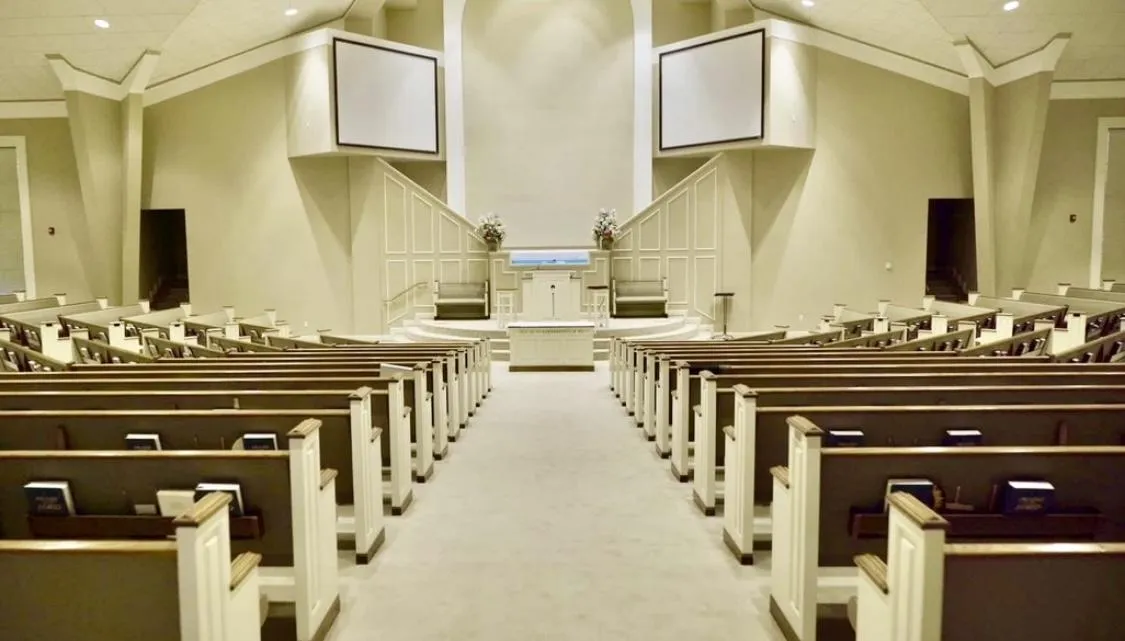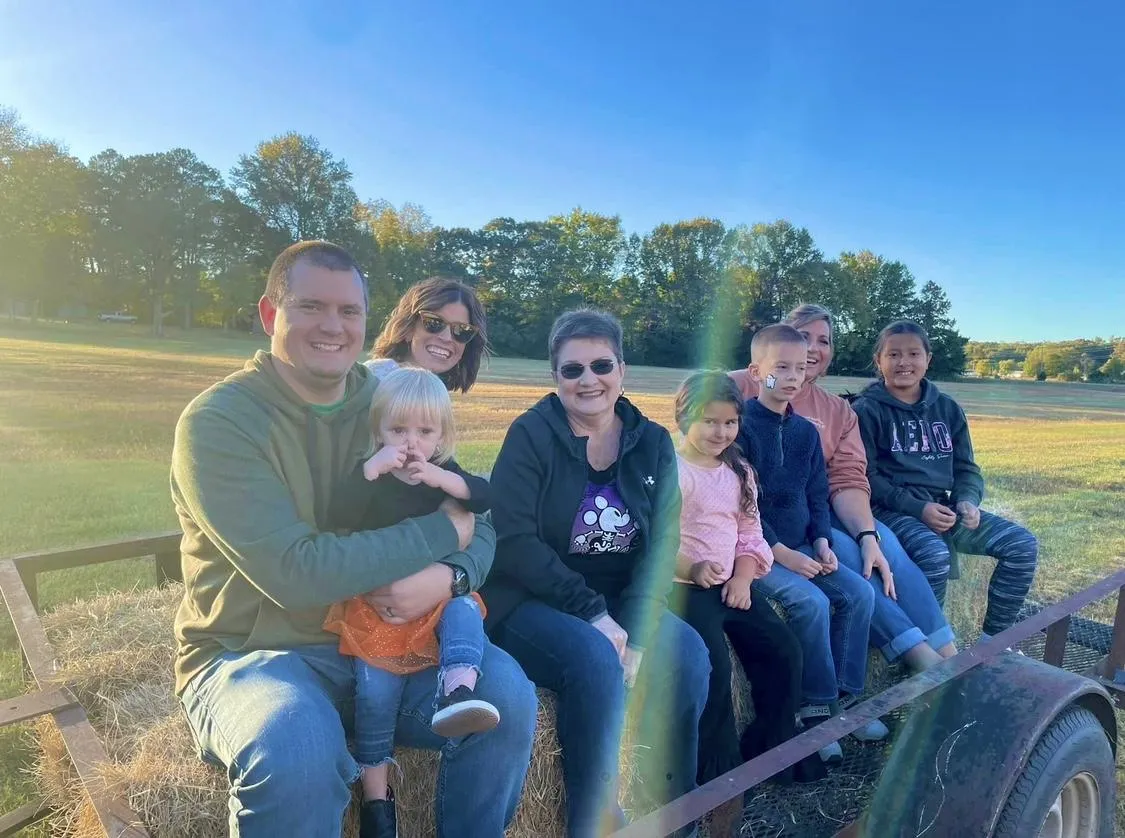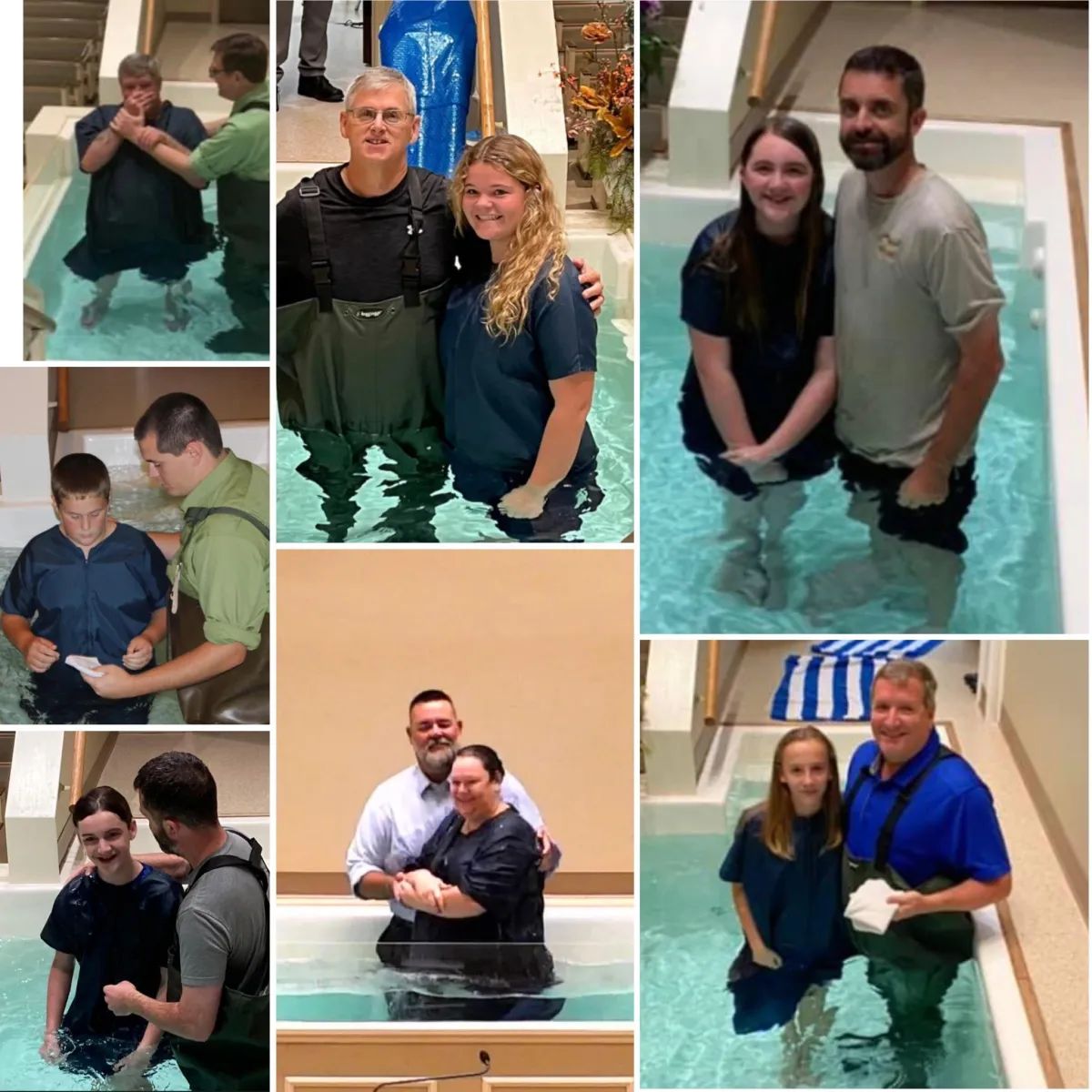Camden Church of Christ
1285 Hwy. 70 Bypass | Camden, TN 38320
731-584-7374
Camden Church of Christ
A family of believers
working to grow closer to God
Welcome to the
Camden Church of Christ
We are so excited that you stopped in at our website! It is our goal to show you who we are as you navigate through this site. We pray everything you see and read here is glorifying to God, uplifting, and informational for you. We would love to see you at our worship services and bible studies. We meet every Sunday morning at 9AM for bible study, and 10:00 AM for worship. We meet Sunday evening at 6PM for worship and Wednesday nights at 6:30PM for a mid-week bible study. We are looking forward to meeting you in person.


Who We Are
A Christ centered, bible-based group of Christian believers, working to grow closer to Him. Accordingly, we are an assembly of God's children who rely solely on the Bible for guidance, and as such, we intend to be a mirror image of the church of Christ that is depicted in the New Testament, beginning in Acts 2. We have a strong love for one another, and for the Lord. We encourage you to visit with us and experience our church family for yourself!
Our Mission
We have a clear mission at the Camden Church of Christ: We desire to be pleasing to God and to love Him. We seek to follow the pattern of the New Testament Church and follow the Word of God. Jesus gave his followers a clear mission to pursue: The Great Commission found in Matthew 28:18-20. We want to help people find joy and salvation in Jesus Christ.
The Camden Church of Christ is striving to be faithful to this calling; to be good representatives of God to each other and the world around us.
But we are not of those who draw back to perdition,
but of those who believe to the saving of the soul."
- Hebrews 10:39 (NKJV)

Learn More About Us



Camden Church of Christ
1285 US 70 Bypass, Camden TN, 38320
(731) 584-7374
camdencoc898@gmail.com
ccoc.questions@gmail.com
Service Times:
Sunday
Bible Study - 9:00 am
Morning Worship - 10:00 am
Evening Worship - 6:00 pm
Tuesday
Ladies Bible Class - 10:00 am
Wednesday
Mid-week Bible Study - 6:30 pm
© Copyright 2023. Camden Church of Christ. All rights reserved.
Legal
Privacy Policy
